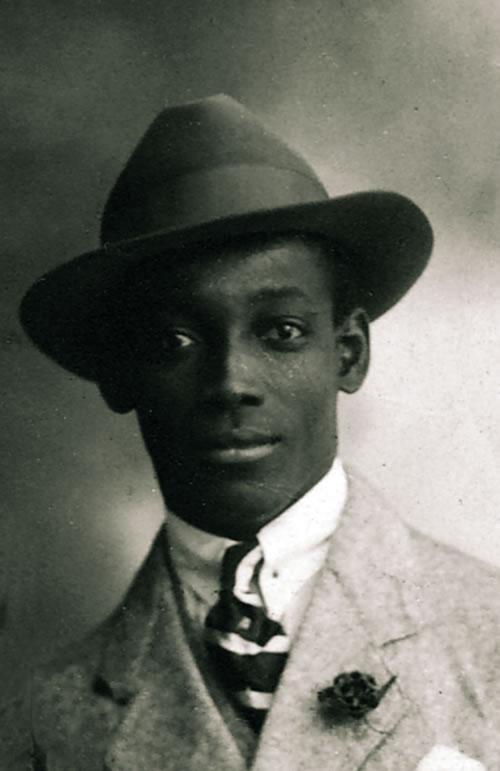We Slaves of Suriname
Anton de Kom was one of the most important fighters for the independence of Suriname from Dutch colonial rule. 'We Slaves of Suriname', a fierce indictment of the exploitation of the country’s black population, appeared in 1934. Eighty years after first publication, it is still a highly relevant account of the consequences of slavery and oppression.

The Netherlands abolished slavery considerably later than France and Britain. De Kom describes how it continued in Suriname until 1863, enforced by vicious punishments, and he does not stop there. The period after 1863 was also characterized by injustice and exploitation: ‘The physical torments were largely replaced by mental anguish, poverty and hardship.’ A descendant of slaves himself, De Kom was the first to describe these experiences.
De Kom’s book belongs to the international canon of anti-colonial literature, and bears comparison with Black Reconstruction in America by W.E.B. Du Bois and The Wretched of the Earth by French author Frantz Fanon. We Slaves of Suriname is a history and an accusation, as well as a call to De Kom’s black compatriots to truly liberate themselves, to wrest themselves free of the control of the white oppressor and condemn the Dutch colonial regime. It integrates the experience of Suriname’s oppressed, multi-ethnic people into the greater history of South America and adds to the narrative of struggles against slavery, imperialism, and racism.
Far ahead of his time, De Kom examines the psychological effects of the past and concludes bitterly that as a result of slavery his people have inherited a sense of inferiority. ‘It was a long time before I completely freed myself from the obsessive idea that a negro must always, implicitly, be inferior to any white.’
The power of this book lies in its personal angle, the writer’s erudition, his analysis of the phenomenon of slavery and above all the passion and sincere outrage it conveys, still palpable and moving after all these years. His accusations resonate with current discussions surrounding Black Lives Matter and the persistent effects of racism in the Western world.
The radical break with colonial writing makes this book a unique document. For the first time, Surinamese history was written from an anti-colonial point of view.’
Gert Oostindie, Professor of Colonial and Postcolonial History, Leiden University
'We Slaves of Suriname' is a combination of a literary masterpiece, an indictment of colonialism and an alternative perspective on history.
Tzum.nl
